FRUIT & VEGETABLES

Fresh fruit and vegetables are part of any balanced, healthy diet.
They are rich in nutrients, and are quickly and easily digested. Because they contain ample fibre for cleansing the digestive tract, they keep its muscles fit and flexible. Pectin, a powerful detoxifier, helps the body to get rid of lead and mercury; it can be found in apples, bananas, citrus fruits, and carrots.
Beneficial antioxidants are the natural pigments that give fruits and vegetables their colours. So a plateful of colourful food will automatically improve your antioxidant status.
Vitamin C fruits such as citrus fruit, kiwi fruit, blackberries, and strawberries, conduct toxins such as lead, cadmium, and arsenic out of the body.
Vitamin C rich vegetables include cabbage, bean sprouts, peppers, potatoes, and sweet potatoes.

Vitamin C is mainly stored within the brain, the lungs, and the adrenal glands, which produce adrenalin. It is water-soluble, and is thus found in the fluids that flow between our cells. It acts as a wandering mercenary, fighting harmful free radicals that attack ourbodies.
To maintain a constant supply, we need to eat foods rich in this vitamin, every day. Note that it is impossible to take too much vitamin C as any excess simply passes through the body, excreted as urine.

CAUTION:
1. Beware of fresh fruit and vegetables that have been chemically treated with preservatives; they may look enticing, but could be harmful.
Wash these items thoroughly before eating them. A capful of vinegar in a bowl of water helps to break down the waxy residue that is on most fruit. Remove the outer leaves of vegetables. The World Health Organisation recommends that we eat five portions of fruit and vegetables a day.
2. Don’t assume that fresh is best. Frozen can be just as good.
Several suppliers ensure that frozen fruits and vegetables are chilled immediately after being picked. This means that they contain more nutrients than produce that has been sitting on the shelf.
NUTS, SEEDS, & WHOLEGRAINS
These are highly concentrated sources of "brain food", and should be eaten without the addition of extra salt or sugar ~ natural is best.

Nuts are excellent sources of protein, vitamins and minerals, and especially of natural oils. Only the fresh, raw varieties are recommended, as roasted or salted (processed) ones often contain damaged fatty acids that are harmful. Buy them in small quantities so that they do not go rancid.
For small children, they can be ground into a powder and sprinkled onto savoury or sweet dishes ~ more of the nutrients are absorbed by doing this.
Wholegrains belong to the grass family and include rice, wheat, oats, barley, rye, millet, and corn. If the grain is whole, it means that although it has been flattened, flaked, or made into flour, no part of it has been removed.
Nuts, seeds, and green leafy vegetables are rich in calcium and phosphorus, both antagonistic to lead, a poisonous ‘heavy metal’. Calcium is also antagonistic to cadmium and aluminium.
Sunflower, pumpkin and sesame seeds, and pine kernels are wonderfully nutritious, and an ideal snack. They are rich in omega-6 series of essential fats, and pumpkin seeds are also a good source of the omega-3 series.
They offer substantial amounts of zinc, magnesium, and calcium. Sprouted seeds, beans, and grains are rich in plant enzymes, and are probably the perfect food.
Examples of what can be sprouted at home are mung beans, chickpeas, whole lentils, oat grains, sunflower and pumpkin seeds, aduki and soya beans, wheat and rye grains, barley, and millet.
[to be continued in the Next Post. Excerpted from 'Unleashing Genius with the World's Most Powerful Learning Systems', by Dilip Mukerjea.]
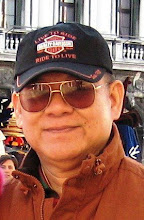


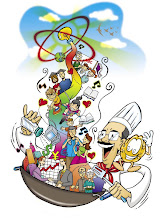
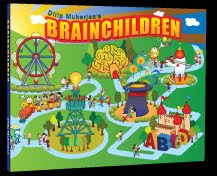



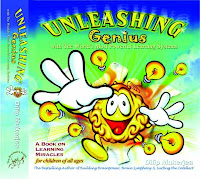
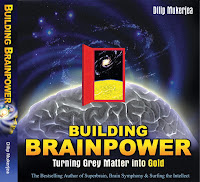
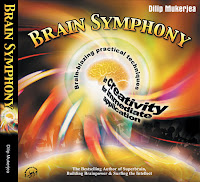





No comments:
Post a Comment